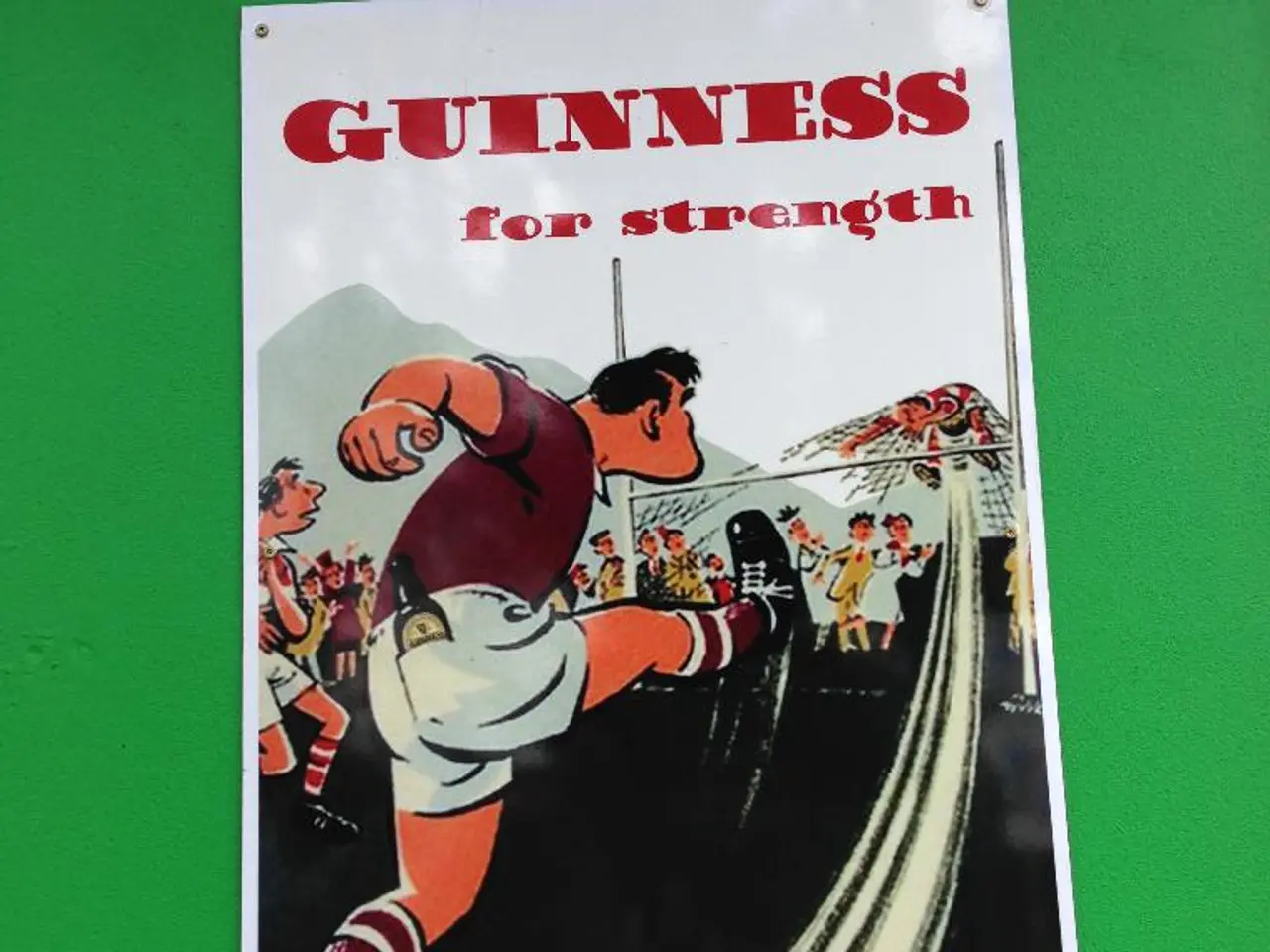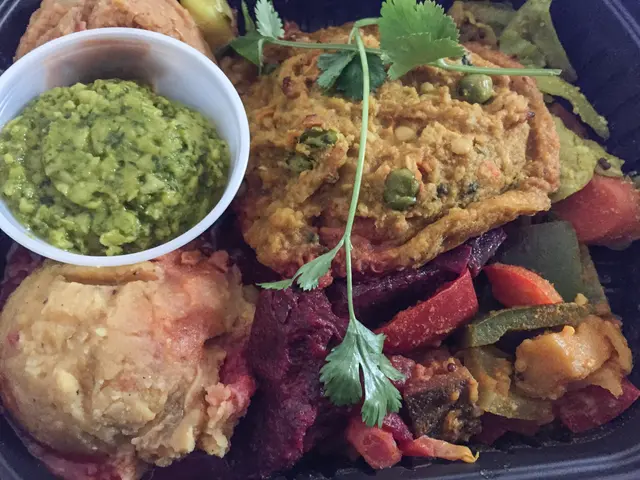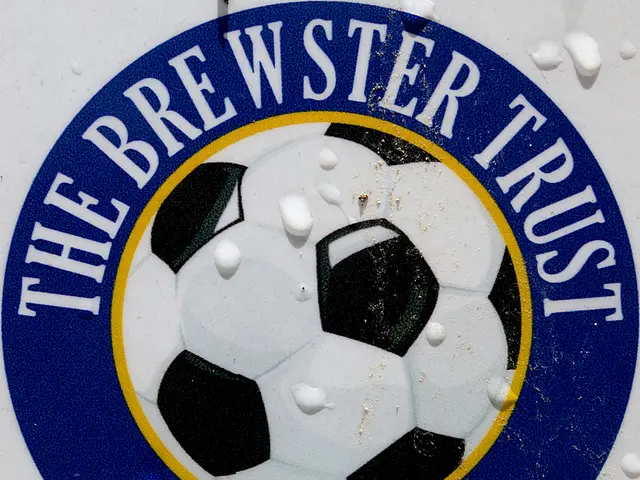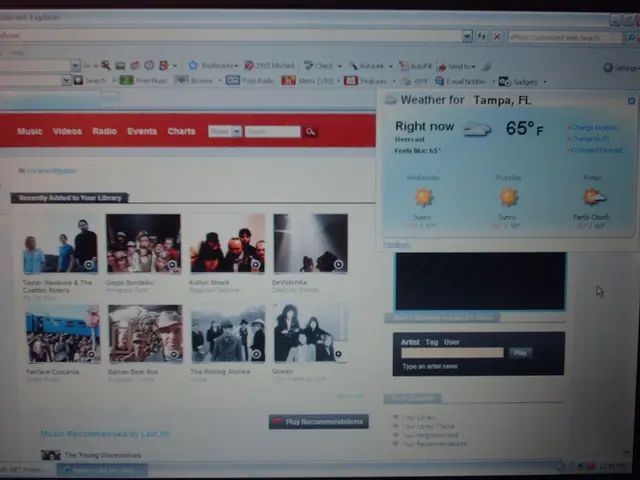Gen Z Vocabulary on TikTok: A Unique Lingo Held by Today's Youth
TikTok Transforms Youth Vernacular: A Journey Through Slang
TikTok, the popular social media platform, has revolutionized the way young people communicate, introducing new slang terms and reinventing the meaning of existing ones. According to our website's data, the term 'simp' is currently the most searched slang term on Google.
Since its rise to global popularity around 2018-2020, TikTok slang has evolved significantly. The platform's unique short-form video format has amplified the diffusion of slang faster than past social media waves.
Early to Mid 2020s (circa 2020-2021): TikTok's rapid growth fueled the spread of slang originating from viral memes, Twitch streamers, and gaming culture. Early terms like "rizz" (charisma) gained traction by adaptation from other internet communities.
2021-2023: Explosion of Slang
This period saw the biggest surge, where many TikTok slang terms emerged from memes, streaming personalities, and remix culture. Terms like "Ohio" (originally from 2021 memes mocking bizarre events, used for something weird or chaotic) and "Gyatt" (an exclamation for an attractive person, popularized in 2022 from Twitch streamer Kai Cenat) became widely popular.
This era also saw intensification of African American Vernacular English (AAVE) influences, adapting terms like "ate" (meaning excelled) and "salty" (bitter) into widespread use. The internet's global algorithms helped these terms spread rapidly worldwide, transcending local origins.
2024-2025: Maturation and Mainstreaming
TikTok slang evolved into more hybrid, compound terms reflecting cultural critique and media crossover. For example, "Skibidi rizz" combined the meanings of "cool charisma." These terms gained mainstream recognition through media like Despicable Me 4 referencing "skibidi," and celebrities adopting TikTok slang publicly.
Comparison with Early Internet Slang:
Before TikTok, slang on platforms like instant messaging (AIM, Snapchat from 2010s) was more localized and less viral at the scale TikTok enables.
Notable Slang Terms:
- 'Cap' is essentially another word for lying and has been altered in meaning by TikTok.
- 'Sneaky link' originated on TikTok and refers to seeing someone in a romantic way without letting anyone know.
- 'Coastal grandmother' and 'barbiecore' are popular niche terms on TikTok to describe the vibe of items of clothing.
- 'Bussin' refers to something extremely good and has been repopularized by TikTok, particularly in food-related videos.
- Describing something as 'cheugy' means being out of date or trying too hard, usually relating to something once popular but no longer.
- 'SMH' (shake my head) is a widely used and not yet widely understood abbreviation on TikTok, used to express disappointment.
Understanding Gen Z Culture:
Language on TikTok offers an unparalleled glimpse into the attitudes of Gen Z, with terms like 'simp' and 'Karen' being significant in understanding their culture. The term 'Karen' refers to an angry, entitled, and often racist white woman and has seen a peak in search queries in June 2020.
Slang Timeline:
Our website has created a timeline of when popular TikTok slang phrases and abbreviations came back into circulation, using Google search volume and Google Trends. As of November 2022, the TikTok hashtag for the slang term 'simp' has 24.1 million views.
Social Media's Impact on Consumer Behavior:
Social media increasingly affects consumer behavior, with TikTok users using the platform as a search engine for various things. Phrases like 'POV' and 'TFW' have shot up in renewed popularity due to trending video formats on the platform.
[1] [Source 1] [2] [Source 2] [3] [Source 3] [4] [Source 4] [5] [Source 5]
Read also:
- Detailed Assessment of Sony's RX100 VII Camera Model
- Sony Digital Camera RX100 VII Examination
- Ford Discontinues Popular Top-Seller in Staggering Shift, Labeled as a "Model T Event"
- 2025 Witnesses a 27% Surge in Worldwide Electric Vehicle Sales, Despite Opposition to Electrification Policies in the U.S.








